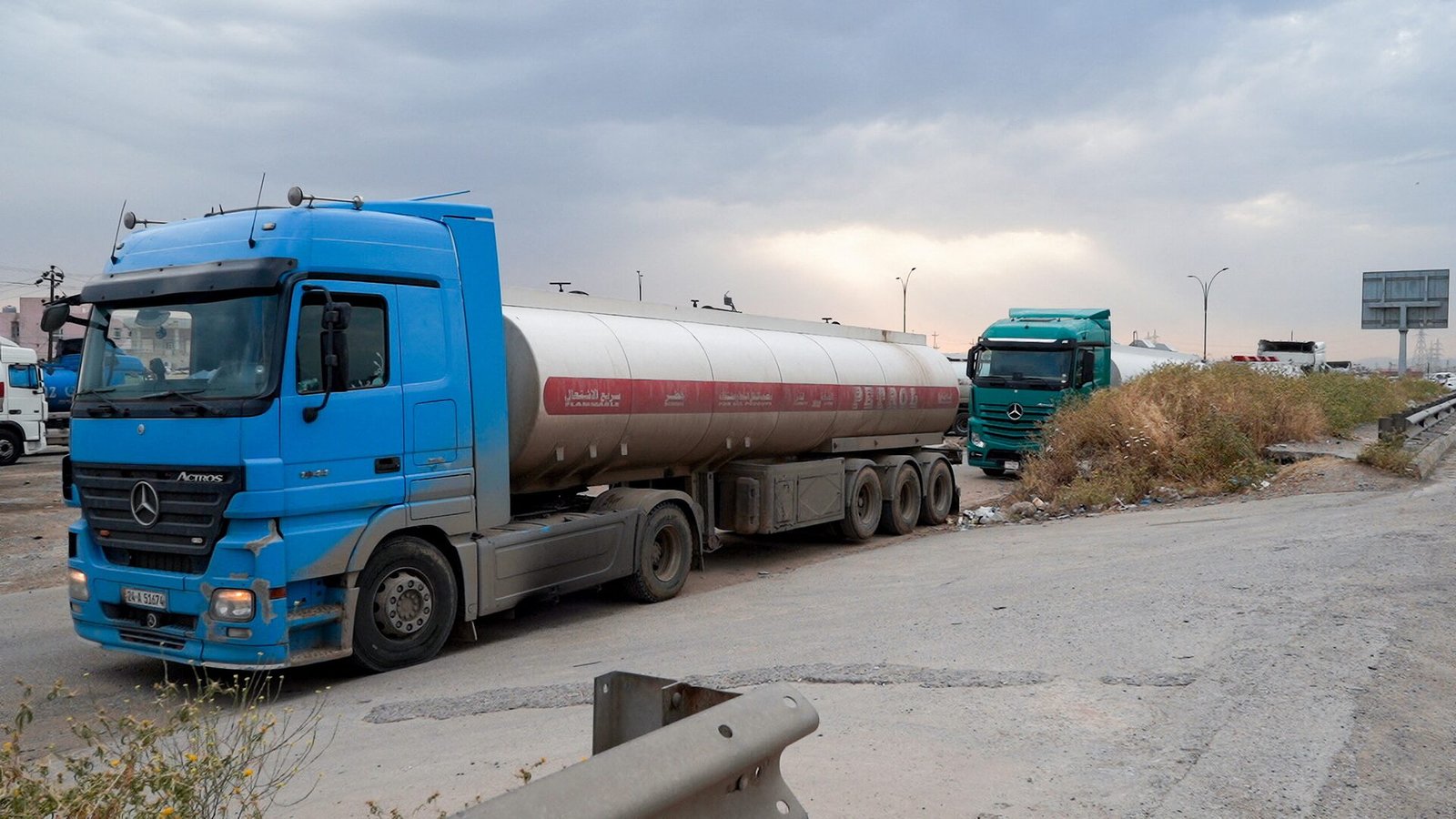Is there finally a breakthrough in the KRG oil dispute?

Iraq’s Council of Ministers has approved a preliminary framework, reportedly jointly reached with the KRG and oil companies, to find a middle ground in the long-running KRG oil dispute. Talks have been stalled by international oil companies (IOCs) operating in the Kurdistan Region, which insisted on written guarantees that their dues would be paid.
Under the proposal, the companies would receive 40% of current KRG production, their contractual entitlement share under agreements with the KRG, and this 40% would also incorporate an oil-for-cash component in lieu of the $16/bbl production-cost reimbursement. The remaining 60% (≈150,000 bpd off ~250,000 bpd total) would belong to the KRG and be handed to the federal government, of which 50,000 bpd would be retained for local consumption in the Kurdistan Region.
Context: A key sticking point in recent negotiations on the KRG oil dispute has been guarantees to pay international oil companies’ dues, as well as technical details regarding escrow bank accounts and payment mechanisms—whether companies should be paid upfront or after oil is sold. The companies have demanded written guarantees. The new oil-for-cash approach is intended to solve this problem and can be seen as a breakthrough, but the preliminary understanding introduces new complications that may make an immediate breakthrough unlikely. For perspective, since the beginning of 2025, Erbil and Baghdad have announced they had reached an “agreement” at least 12 times.
Analysis: While the new understanding can be seen as a localized breakthrough on the KRG oil front, it is unlikely to produce a genuine settlement or the restart of pipeline exports anytime soon. Two major stumbling blocks appear to have been addressed: First, the oil-for-cash mechanism will supposedly solve the payment issue since the oil is physically controlled by the companies themselves, making the issue of being paid cash upfront or maintaining a bank account outside Iraq automatically redundant. Second, the companies had insisted that disputes be settled in international courts, a demand the Iraqi government had firmly rejected. Now, both an adviser to the Iraqi PM and a KRG spokesperson claim the companies have agreed to accept Iraqi courts instead. However, with no official statement from the companies, it remains unclear whether this has truly been resolved.
Additionally, according to sources, Iraq will use the oil that the KRG hands over for domestic consumption, routing it to refineries in places like Mosul and Kirkuk rather than restarting exports via the pipeline. The oil belonging to the companies remains their responsibility to market and find buyers. In fact, yesterday the director of Iraq’s SOMO confirmed they have terminated all contracts and obligations with companies purchasing KRG oil.
Given that there are only eight companies in the APIKUR group and a total of about a dozen companies operating KRG oilfields, this arrangement is logistically highly demanding. Moreover, if sources suggesting KRG oil will be used domestically within Iraq are accurate, it remains unclear what will happen to the oil belonging to the companies, which will be dealt with separately. The KRG spokesperson has confirmed they don’t know what will happen to the companies’ share but will hand over their 60% portion of produced oil. However, the APIKUR spokesperson told Rudaw TV that the KRG’s net share is actually 40%. Based on this calculation, out of 250,000 barrels produced daily, the KRG would receive 100,000 barrels, of which 50,000 would remain in the Kurdistan Region for local consumption, leaving the federal government with only 50,000 barrels per day.
Furthermore, if KRG oil were exported via pipeline, which appears unlikely, the companies’ share would need to be separated at Ceyhan, with each portion allocated to its respective clients. This would be extremely complex, and any mistake in the process could easily cause disruptions. According to the APIKUR spokesperson, their arrangement requires the oil to be exported through the pipeline to Ceyhan. However, under this arrangement Baghdad would receive less than 100,000 barrels per day, making pipeline exports physically unfeasible. In addition, the KRG spokesperson has said they have only agreed to hand over their own share for Iraq to use as it wishes, and that they do not know what will happen to the companies’ share.
Some reports suggest a narrower deal in which the KRG would hand over production only from fields operated outside APIKUR. This would cover six fields—including Khurmala, Hawler, Harir, Garmian, and condensates from Khor Mor—operated by companies such as KAR Group, Marathon Oil, Gazprom, and Pearl Petroleum. But this would amount to less than 100,000 barrels per day, a figure politically untenable for the Iraqi PM ahead of parliamentary elections in November, as it would invite fierce populist criticism.
The details of the “agreement” remain vague, and the arrangement appears too complex to be sustainable. In practice, it looks more like a political maneuver aimed at justifying another round of salary payments to KRG employees by October, under pressure from the U.S. and other foreign actors. Today’s KRG statement reinforces this interpretation: it acknowledges that a tripartite agreement has yet to be signed, meaning there is no binding deal, but declares that until then the KRG “will deliver its oil share to the Federal Ministry of Oil” while insisting that the Iraqi government “must also fulfill its commitment to immediately send salaries in return.” This is a clear indication that no genuine agreement is imminent and that the symbolic, limited oil handover is merely a temporary gesture to allow the Iraqi PM to save face while authorizing the July salary transfer.
The Iraqi PM also appears to be balancing external pressure, domestic political realities, and post-election considerations, avoiding a full rupture with both the KDP and PUK (the latter is also part of this arrangement). In short, the KRG oil dispute and the related salary crisis are far from resolved.









